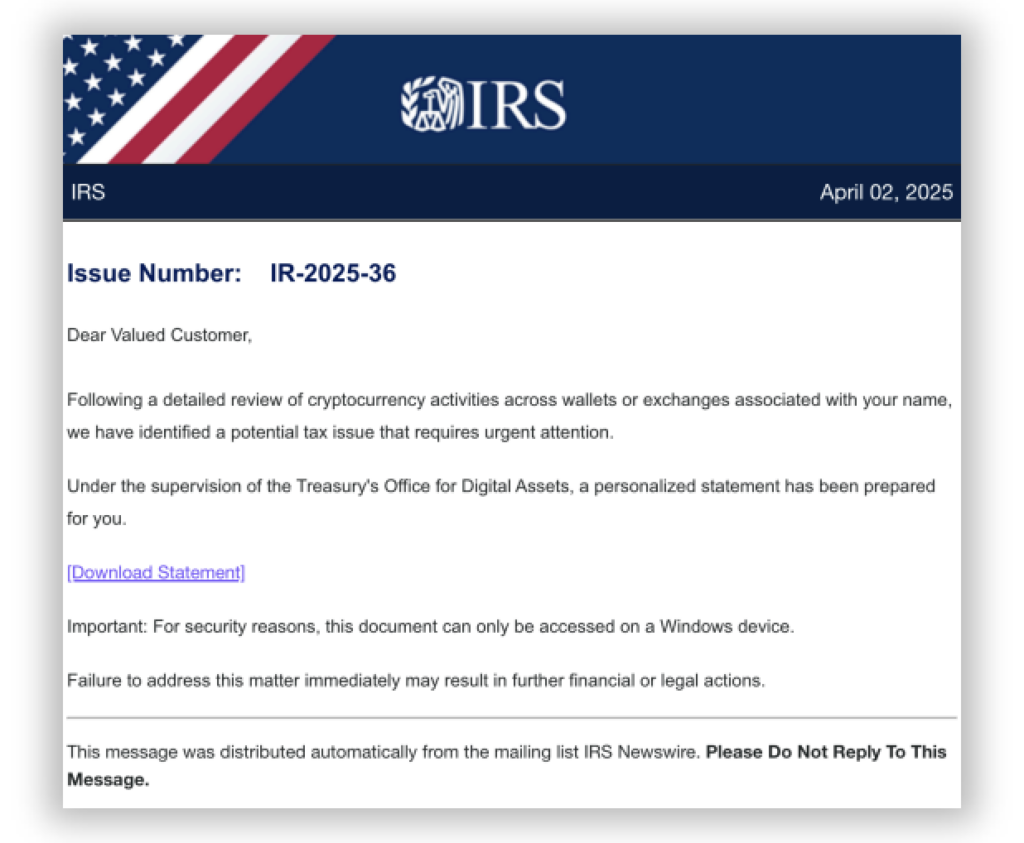As a dental practice owner, you’re no stranger to the value of prevention. When patients maintain healthy habits and visit regularly, emergencies become rare—and that’s the goal. The same goes for your finances.
When things are running smoothly, it might seem like nothing is happening behind the scenes. But that smooth operation is exactly the point. At our firm, silence doesn’t mean inaction. It means your practice is protected, your finances are in order, and our team is doing the hard work behind the curtain so you can focus on your patients.
Here’s what that looks like in action:
We Prevent Problems Before They Start: You might not see the errors we catch or the issues we steer you away from, but they’re there. Like identifying a bookkeeping discrepancy that could have raised red flags in a future sale. Or adjusting cash flow projections to keep payroll on track during a seasonal dip in collections.
We Deliver Expertise, Not Just Tasks: A tax return is just a deliverable. What you’re really getting is decades of experience, guiding you through complex decisions, flagging risks early, and helping you pay less in taxes, legally and strategically.
We Tie Our Value to Your Outcomes: You’re not investing in hours; you’re investing in outcomes. Think clean financials that boost your practice’s value, proactive strategies that save you thousands, and peace of mind knowing you’re always a step ahead.
We Tell the Stories That Matter: Behind every clean balance sheet is a story, of a penalty avoided, a growth opportunity realized, or a financial pitfall sidestepped. We’ll be sharing more of these stories in our blog and on social media, because your wins are worth celebrating.
We Keep You in the Loop (Even When There’s No Fire to Put Out) Consider periodic check-ins or value recaps. Whether it’s a mid-year review or a year-end summary, we’ll highlight what we’ve done, what’s coming next, and what we’re watching on your behalf.
Your success is our business. And we’re proud to be the invisible engine helping your practice grow stronger, more resilient, and more valuable every day.
